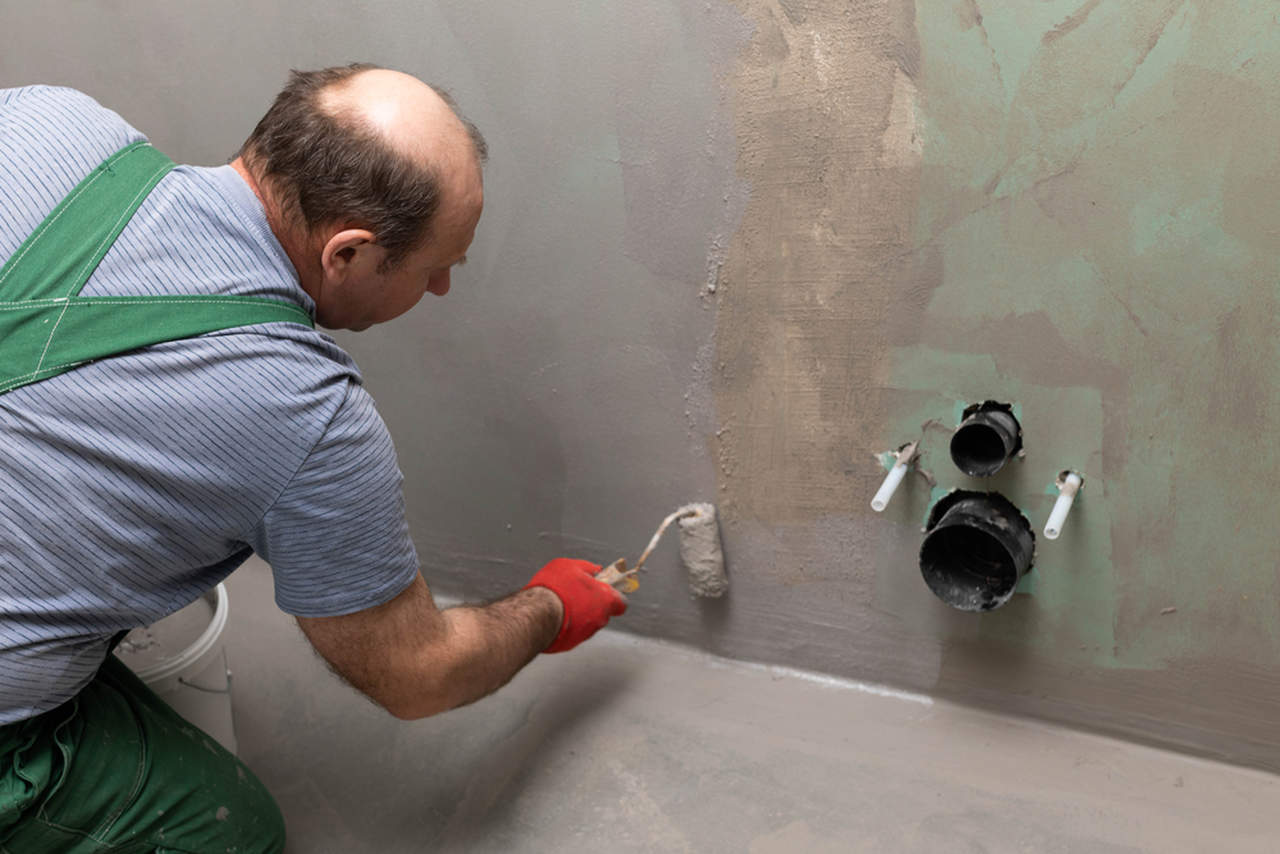Best Sealing Methods for Property Owners

Sealing against water damage is an essential aspect of house upkeep that often gets ignored until it's already too late. As a homeowner, grasping the significance of waterproofing can save you from expensive fixes and extensive damage down the line. From protecting your basement to maintaining the strength of your roof, efficient waterproofing techniques can protect your property against the damaging effects of water.
In this article, we will explore various waterproofing methods that all homeowner should take into account. We will talk about why waterproofing is vital, how it can save you thousands in repairs, and debunk common misconceptions surrounding the practice. Whether you're handling moisture issues in your basement, gardens, or even outdoor structures like patios and swimming pools, there are options available to create a moisture-free and safe living environment. Get ready to learn about the top methods, products, and expert advice that will assist you keep your home safe from water damage.
Crucial Moisture-Proofing Strategies
One of the most efficient waterproofing methods for property owners is foundation waterproofing. This process entails using sealants and applications to the foundation walls to reduce water intrusion. By tackling moisture issues at the foundation level, homeowners can avoid significant water damage and protect the structural integrity of their homes. It is necessary to check the foundation periodically for fractures and other signs of potential leaks, ensuring that preventive measures are implemented promptly.
Additionally, another important method is basement waterproofing, which includes both inside and exterior solutions. Interior waterproofing typically includes putting in sump pumps, drainage systems, and vapor barriers to manage water that leaks into the basement. On the other hand, exterior waterproofing, focuses on redirecting water away from the foundation through proper grading, gutters, and downspouts. Knowing the difference between these approaches allows homeowners to choose the appropriate strategy to protect their homes.
Roof waterproofing is likewise essential, as it shields one of the most vulnerable areas of a house from leaks and water damage. sump pump installation include deploying waterproof membranes or coatings, making sure that seams are tightened, and periodically maintaining drainage systems to stop ponding water. By putting resources in proper roof waterproofing measures, homeowners can prolong the lifespan of their ceiling materials and prevent costly repairs caused by water infiltration.
Cost and Benefits of Waterproofing
Waterproofing can initially seem like a large cost for homeowners, but understanding its long-term benefits is crucial. The expense of effectively waterproofing your home may vary depending on the spaces treated, the materials used, and whether you decide to go the DIY route or employ professionals. While upfront costs can vary from a several hundred to many thousands dollars, many homeowners realize that this investment can prevent more substantial costs related to water damage and mold remediation in the future.
In furthermore to the savings associated with preventing major repairs, waterproofing boosts the overall value of your home. A effectively waterproofed property is less likely to suffer from structural damage, which means more security for homeowners and enhanced marketability when it comes time to sell. Additionally, waterproofing can increase energy efficiency in your home, as it minimizes moisture intrusion, helping to maintain comfortable interior conditions and lower energy costs over time.
Lastly, effective waterproofing contributes to better living conditions. By hindering dampness and mold growth, homeowners minimize health risks linked to poor air quality and respiratory issues. Investing in waterproofing not only protects your property and saves on costs but also encourages a safe and comfortable environment for you and your family.
Determining the Appropriate Waterproof Methods

When it comes to waterproofing your home, deciding on the right options is crucial for guaranteeing long-term defense against water damage. First, evaluating the specific areas that require attention, for example basements, roofs, or outdoor structures. Each section may demand distinct techniques and materials, so it's important to recognize the unique requirements of each space. Evaluate factors such as your local climate, soil type, and the existing condition of your property to make informed decisions.
Investigate various waterproofing products and methods on the market. There are both DIY and professional options, every one bringing its distinct advantages and limitations. As an example, while DIY products can save money, they may not provide the same level of protection as professional systems, especially for complex structures like foundations or commercial buildings. Be sure to compare options, read reviews, and consult professionals when necessary to ensure you are deciding on the best solutions for your needs.
Lastly, don't forget the importance of working with a reputable waterproofing contractor if you decide to choose the professional route. A certified expert will not only help you select the appropriate products but will also ensure proper installation, which is key for effectiveness. Obtain quotes, check references, and ensure the contractor has proficiency in the specific type of waterproofing you need. By making thoughtful choices and committing to quality solutions, you can protect your property and save considerably on forthcoming repairs.
